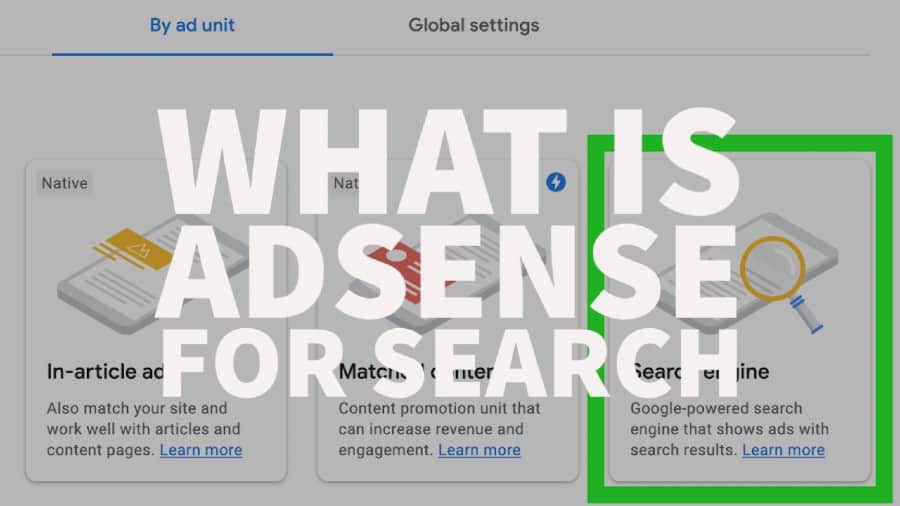
This post was most recently updated on July 26th, 2024
AdSense for search is a tool created by Google that allows publishers to create custom Google search engines on their website and monetize them. Publishers can do so via desktop, mobile, or app devices. Here’s an example:
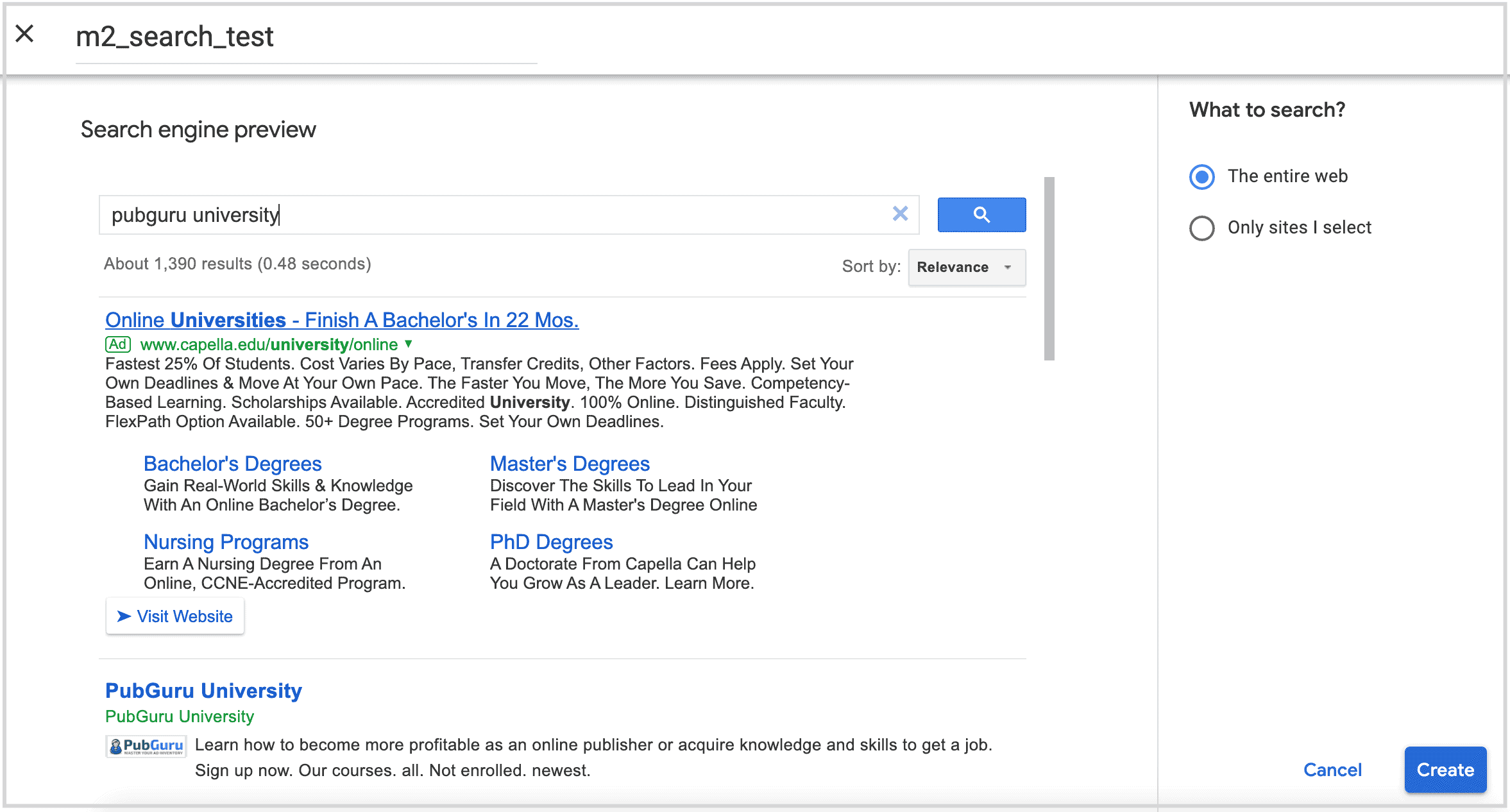
Publishers can place the AdSense for Search box on their site with a few lines of code, users search for keywords via the search box, and a set of search results are presented to them. If users click on one of Google’s search results, publishers earn ad revenue through AdSense.
Keep in mind that publishers can only earn ad revenue when users click on search results. It’s not based on impressions of search results.
Creating a search engine ad unit in AdSense is relatively simple. Create an ad unit in AdSense, choose “Search Engine,” give it a name, select your preferred settings, customize it accordingly and place the code on your site.
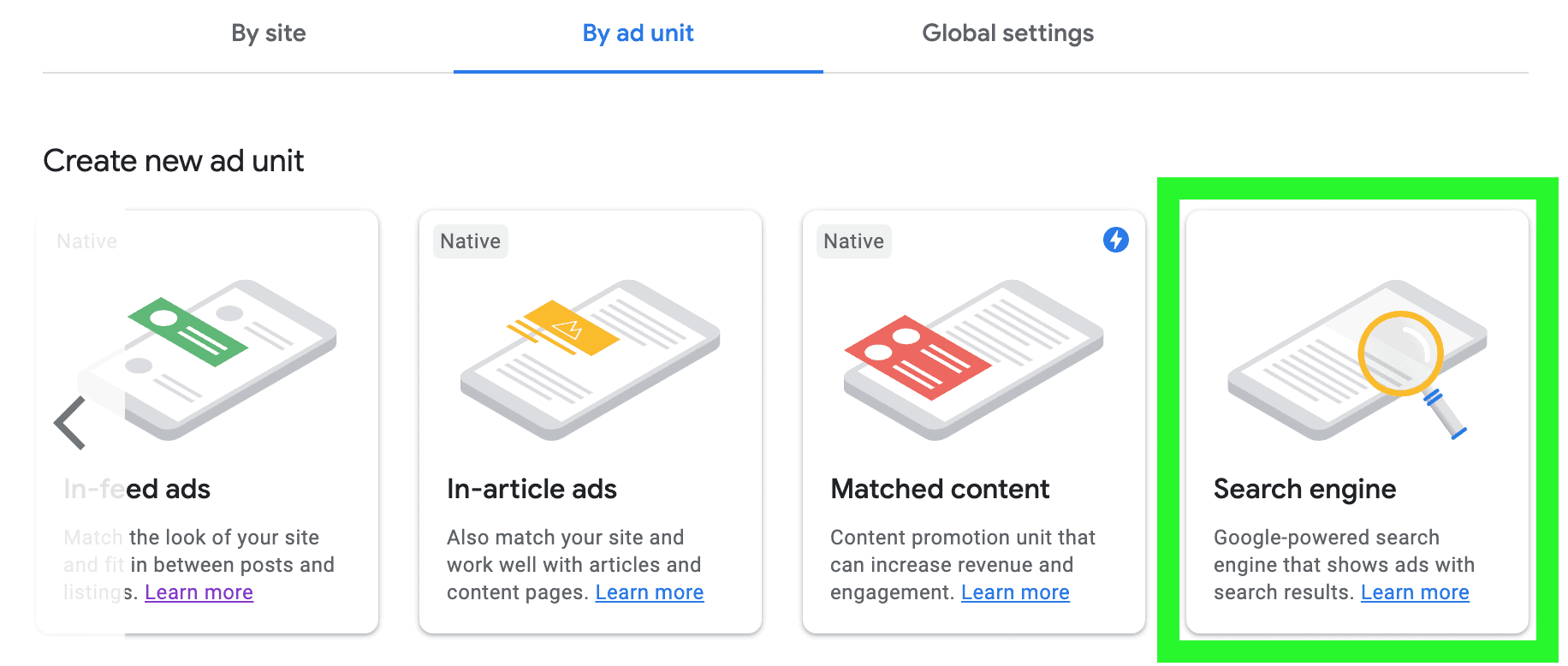
What’s great about this ad type is that publishers have a lot of control over search results and the look and feel. Publishers can customize the look and feel by changing the search engine’s layout, colors or choosing from premade themes. You can also include or exclude specific websites from showing up in the results.
If you’d like to find out more about customization, read this Google help article: https://support.google.com/programmable-search/answer/4513783
When setting up AdSense for Search on your site, you need to be aware of all the policies. Here are some of the most important ones to keep in mind.
Another update associated with the EU User Consent Policy has been rolled-out for users in Switzerland. This will apply starting on July 31, 2024.
All partners using Search Ads publisher products (AdSense for Search, AdSense for Domains and Programmable Search Engine) are required to comply. Google started certifying CMP providers starting May 2023. Part of the requirement is that publishers use a CMP-certified partner. On top of the EEA and UK policies, according to Google, partners can either:
If neither parameter for Google-certified TCF CMP or IVT ad request is detected on a Swiss user, Search Ads will not be delivered.
With this, partners should be responsible for the tools used to capture the Swiss user consent, which also covers the use of cookies and local storage in online advertising, although optional.
If you are already working with Google-certified CMP provider, it is best to reach out to them to confirm that the new TCF policy for Swiss users will be integrated into their CMP technology. It is also best to consider whether to implement the new parameter, taking into account legal advice, relevant regulations, and applicable regulatory guidance.
You can review the consent policies in the New Google consent management requirements for serving ads in the EEA, the UK, and Switzerland (for publishers).
AdSense for Search is a tried and tested AdSense ad type that publishers can add to their arsenal and potentially increase ad revenue. Looking for more ways to ramp up your AdSense earnings? With PubGuru School Of University, we help you master your AdSense ad inventory with over-the-shoulder video lessons.
Check out the comprehensive Google Ad Manager Certification Course at PubGuru University. Brought to you by experts in the ad tech industry and a Google Certified Publishing Partner, MonetizeMore will enhance and maximize your ad revenue potential. We’re here to help publishers and developers in every way possible. With our know-how and deep understanding of Google’s rules and needs, we’ve got all-round solutions to boost earnings and make sure everything’s up to scratch.
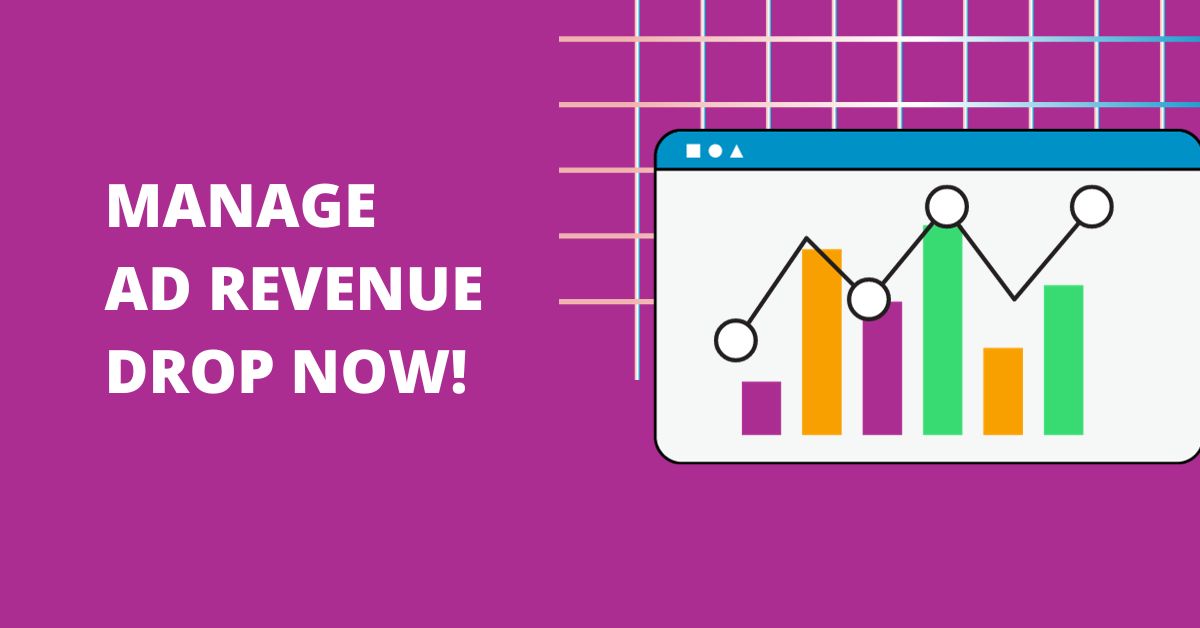
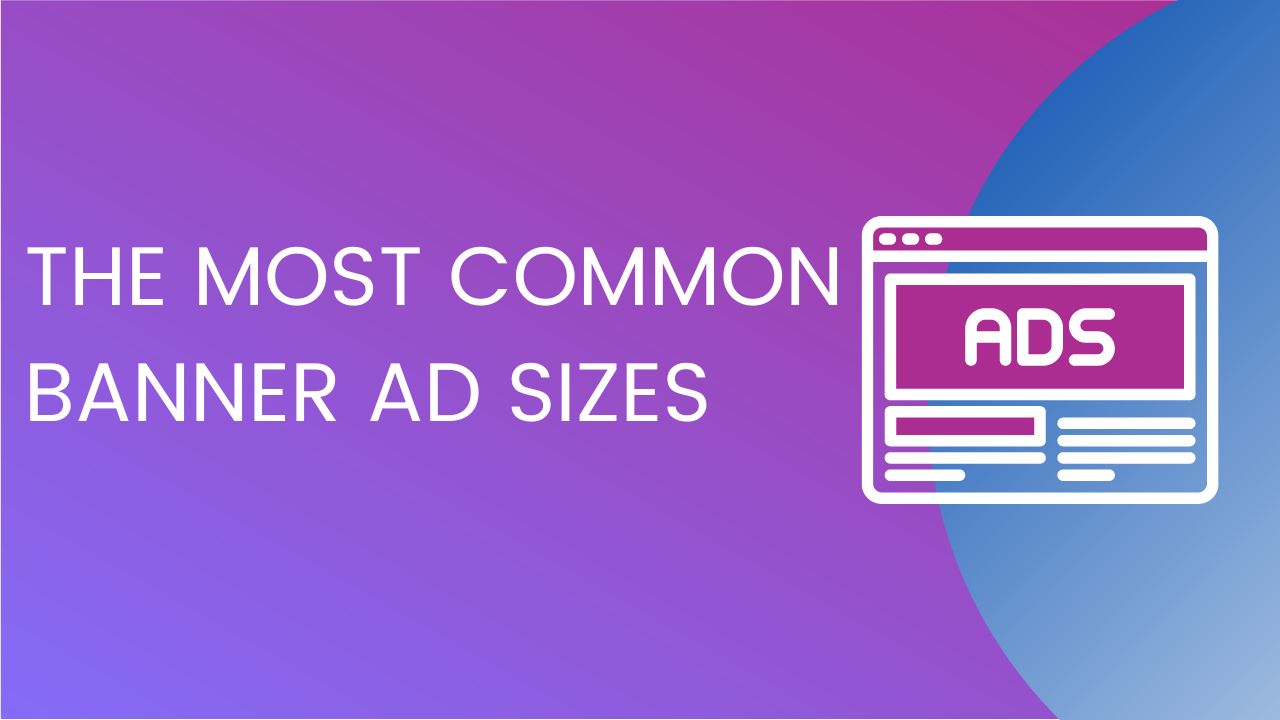
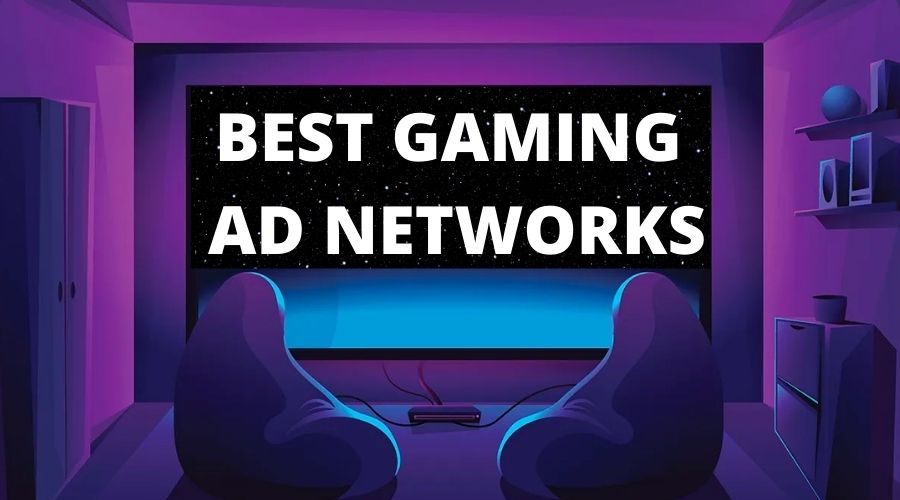
10X your ad revenue with our award-winning solutions.